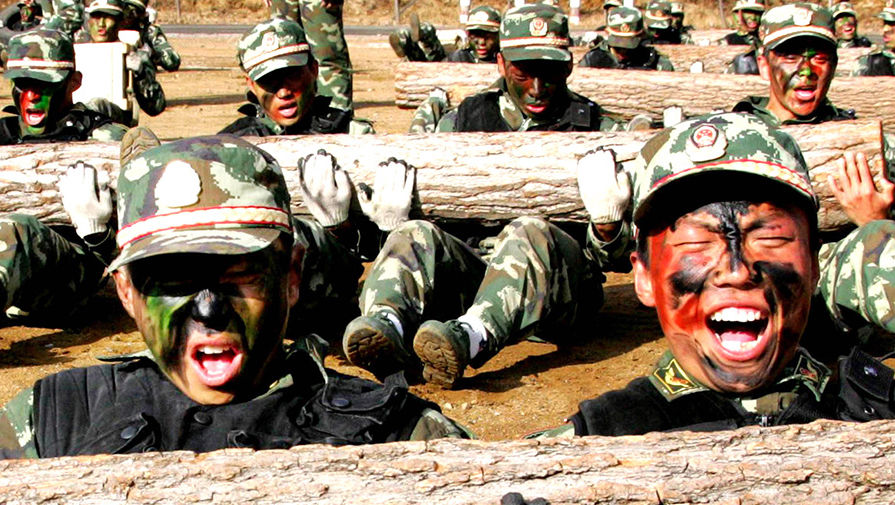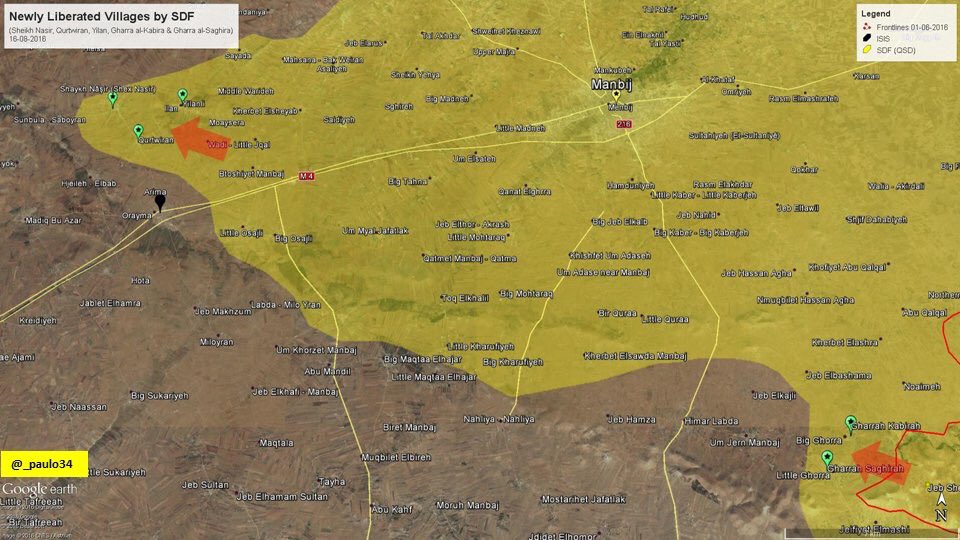The decision was made after Tehran and Moscow began an intensified air campaign on Tuesday, August 16, against terrorist groups in Syria, in a move underscoring Moscow’s increasingly close ties with Tehran. It also came after a meeting in Damascus between Director of the Office for International Military Cooperation of China's Central Military Commission Guan Youfei and Syrian Defense Minister Fahad Jassim al-Freij.
To be sure, China has a common understanding in respect of the territorial integrity of Syria. Likewise, China wants to have closer military ties with Damascus. Meaning, Beijing is no longer reluctant to join hands with Tehran and Moscow in the Real War on Terror – in addition to providing humanitarian aid to Syria. Equally, Beijing, which relies on the region for oil supplies, is no longer willing to leave Middle Eastern diplomacy to the other permanent members of the UN Security Council, namely the United States, Britain, and France.
After all the destruction and chaos these regime changers brought to the Middle East, it makes perfect sense for China to try and get more involved, including sending envoys to help push for a diplomatic resolution to the violence there and hosting Syrian government and opposition figures.
What's more, China has its own security concerns about violence in the region. China is worried the Uighurs, a mostly Muslim people from western Xinjiang region, and other Wahhabi followers in the country who have ended up in Syria and Iraq fighting for ISIL and Al-Qaeda militant groups, having traveled illegally via Southeast Asia and Turkey.
So what does all this mean? Well, the strategic decision by Beijing to tap into the Iranian-Russian anti-terror campaign is a game-changer. It was wise and in time. It will boost China’s image as a central player in the running conflict. The growing partnership will also help turn the tide in the terror war, undermining US influence as the main sponsor of “moderate” terrorists in Syria.
Altogether with China on board, it is now beyond any dispute that ISIL days in both Iraq and Syria are numbered. Thanks largely to the recent military gains on the ground by the alliance of Iran, Syria, Russia and Hezbollah, ISIL as a fighting force is almost gone too.
This is a huge setback and disappointment for its regional patrons, mainly Saudi Arabia and Qatar. In Syria, particularly in Aleppo, the losses have already been devastating. In Iraq, the terrorist group prepares for the final battle in Mosul planned for later in the year. Here, ISIL has no chance to regroup, much less keep its territory. Russian air power and special operation forces are out in full support of these operations.
Long story short, in the face of the emerging prospect of an Iranian-Russian-Chinese axis impacting the Syria war, ISIL is finding real trouble at this point. At some point they will have to just give up the idea of having an “American Caliphate”, fight as a small terrorist force, and/or go into hiding and strike soft targets somewhere.




